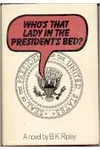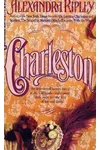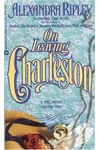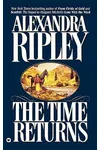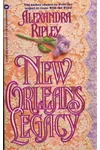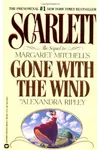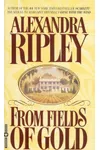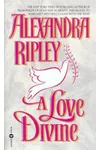Picture a Southern storyteller who spun tales of romance and history with a Charleston charm—meet Alexandra Ripley! Born in 1934 in South Carolina, Ripley captivated readers with her historical fiction, most famously with Scarlett, the daring sequel to Margaret Mitchell’s Gone With the Wind. Her knack for blending meticulous research with vivid characters made her a standout in the genre.
Despite facing criticism for daring to follow Mitchell’s classic, Ripley’s work sold millions, proving her storytelling prowess. From her debut novel to her final epic, she brought the past to life with a twinkle of Southern wit. Let’s dive into the life and legacy of this remarkable author!
The Making of Alexandra Ripley
Alexandra Braid, later Ripley, grew up in Charleston, South Carolina, where her love for stories blossomed despite her family’s concerns that reading might hinder her marriage prospects. Educated at the elite Ashley Hall and Vassar College, where she majored in Russian in 1955, Ripley’s early career took her to New York’s publishing world and even Air France in Washington, D.C. Her passion for writing ignited when she began ghostwriting for neurosurgeons, setting the stage for her literary journey.
By 1972, she published her first novel, Who’s the Lady in the President’s Bed?, under the pseudonym B.K. Ripley. This cheeky mystery marked her entry into fiction, but it was her shift to historical novels that truly defined her career. Inspired by her Southern roots and a lifelong fascination with Gone With the Wind—which she hand-copied at age 12 to channel Mitchell’s style—Ripley found her calling in crafting rich, historical tales.
Alexandra Ripley’s Unforgettable Stories
Ripley’s novels are a love letter to history, brimming with detailed settings and spirited characters. Her first historical novel, Charleston (1981), a bestseller, follows Elizabeth Tradd through the Civil War and beyond, capturing the South’s fading glory with poignant grace. Its sequel, On Leaving Charleston (1984), continues the saga, blending romance and resilience in a changing world.
The crown jewel of Ripley’s career, Scarlett (1991), picks up where Gone With the Wind left off, reigniting the fiery love story of Scarlett O’Hara and Rhett Butler. Though critics panned it for not matching Mitchell’s masterpiece, the novel sold eight million copies in five years and inspired a hit 1994 TV miniseries. Ripley’s bold choice to tackle such a beloved classic showcased her courage and commercial savvy.
Other gems include The Time Returns (1985), a romantic tale set in 15th-century Florence, and From Fields of Gold (1994), which explores the tobacco industry’s rise through a spirited heroine’s lens. Ripley’s style—marked by rigorous historical research and lively, flawed characters—made her stories both immersive and relatable, inviting readers to lose themselves in bygone eras.
Why Alexandra Ripley Matters
Alexandra Ripley’s impact lies in her ability to breathe new life into historical fiction. Her novels, though sometimes overshadowed by Scarlett’s controversy, offered readers an escape into meticulously crafted worlds. By taking on Gone With the Wind’s legacy, she sparked debates about sequels and authorship, proving that even polarizing works can resonate deeply with audiences.
Ripley’s legacy endures through her books’ enduring popularity and the joy they bring to fans of romance and history. Her courage to follow her passion, from Charleston’s elite circles to the literary spotlight, inspires aspiring writers to embrace their unique voices. When she passed in 2004, she left behind a tapestry of stories that continue to captivate.
About Alexandra Ripley
- Born: January 8, 1934, in Charleston, South Carolina
- Key Works: Scarlett, Charleston, From Fields of Gold
- Education: B.A. in Russian, Vassar College (1955)
- Died: January 10, 2004, in Richmond, Virginia
Ready to step into a world of Southern romance and historical intrigue? Snag Charleston or Scarlett and dive into Alexandra Ripley’s unforgettable tales!
